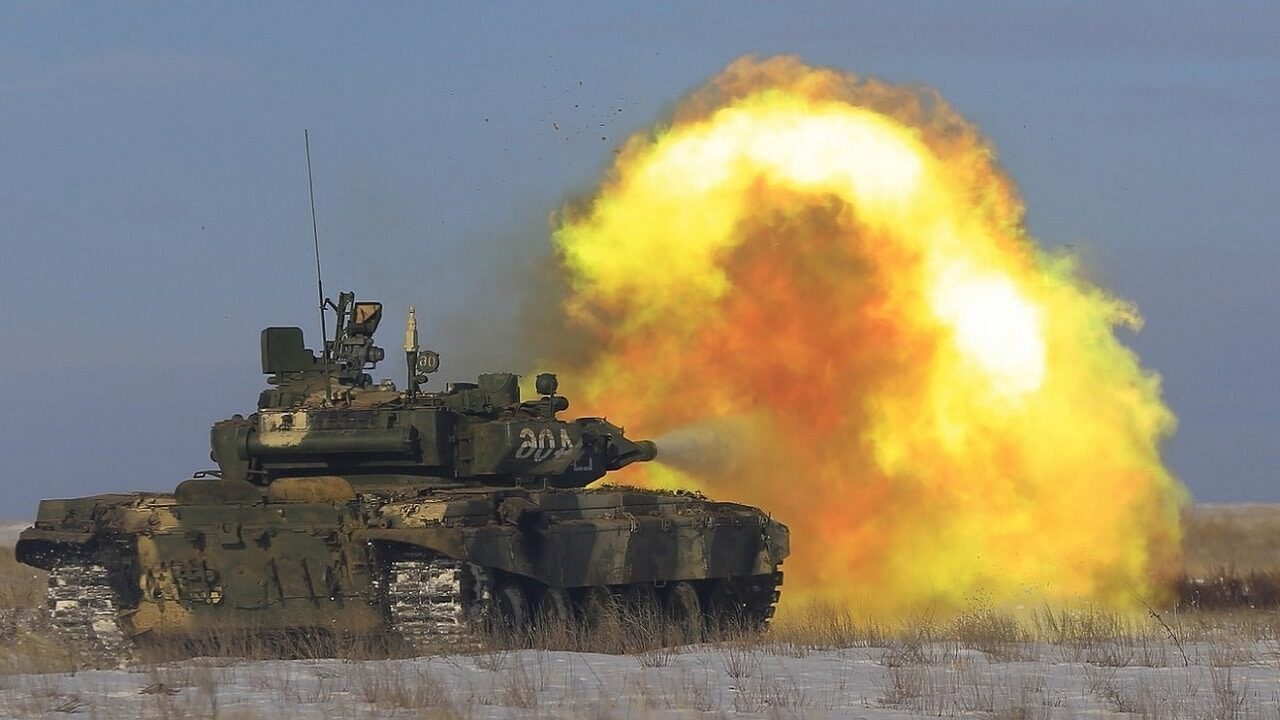Russia Is Trying to Establish Borders Around “Annexed” Zaporizhzhia – As Russian troops are forced to retreat in the “annexed” Ukrainian region of Kherson, Russian forces have reportedly begun attempting to establish a new border around “annexed” Zaporizhzhia.
Likely aware of Ukraine’s ability to push back tired Russian forces in all four regions Putin declared to be part of the Russian Federation last week, occupying forces have begun the process of establishing new borders around the region home to the Zaporizhzhia Nuclear Power Plant.
Oleksandr Starukh, the head of the Ukrainian Zaporizhzhia Oblast Military Administration, revealed during a televised newscast that Russian soldiers are building a “border” in Vasylivka and introducing a series of “rules” for people living in the region or attempting to cross the border.
“The Russian occupiers are trying to set up a ‘state border’ in the area around Vasylivka, as they claim, with all the crossing rules they have invented,” the Ukrainian official said. “As a result, men of conscription age are not allowed to cross.”
The Vasylivka region is significant because of the huge numbers of people in the area who have been evacuated from occupied Kherson, Donetsk, and Luhansk.
Only days earlier, reports described how local people began to flee the region following Russia’s illegitimate referendum that appeared to show a vast majority of residents supporting the region’s ascension into the Russian Federation.
What About the Power Plant?
The future of the Zaporizhzhia Nuclear Power Plant remains unclear at this stage. While Russia claims to have annexed the region, Ukrainian forces remain in the region and are actively working to reclaim the territory.
On Tuesday it was also reported that Ukrainian officials were considering whether or not to restart two reactors at the Zaporizhzhia nuclear plant to ensure that the safety equipment within the facility remain operational and safe.
During an interview with the Associated Press, the head of Ukraine’s nuclear energy agency Energoatom, Petro Kotin, said that a decision could be made as soon as Wednesday on whether to restart the reactors as the winter approaches – despite Russian forces’ continued occupation of the facility.
(Read This: John Bolton Told Us Putin Has to Go. Read His New 19FortyFive Op-Ed here.)
“We at the moment are evaluating all the risk, and this depends on the weather. And actually, we don’t have much time to do that,” Kotin said. “If you have low temperature, you will just freeze everything inside. The safety equipment will be damaged.”
The Ukrainian official said that heating will be necessary through the winter, and that heating can only come from an operational reactor.
While Ukrainian workers technically remain in control of the plant, it is occupied by Russian forces who decide who can and cannot access the facility. The head of the plant, Ihor Murashov, was detained by those Russian forces last week and released on Monday. The Associated Press reports how Murashov was forced by his captors to make false statements on camera.
Jack Buckby is a British author, counter-extremism researcher, and journalist based in New York. Reporting on the U.K., Europe, and the U.S., he works to analyze and understand left-wing and right-wing radicalization, and reports on Western governments’ approaches to the pressing issues of today. His books and research papers explore these themes and propose pragmatic solutions to our increasingly polarized society.

